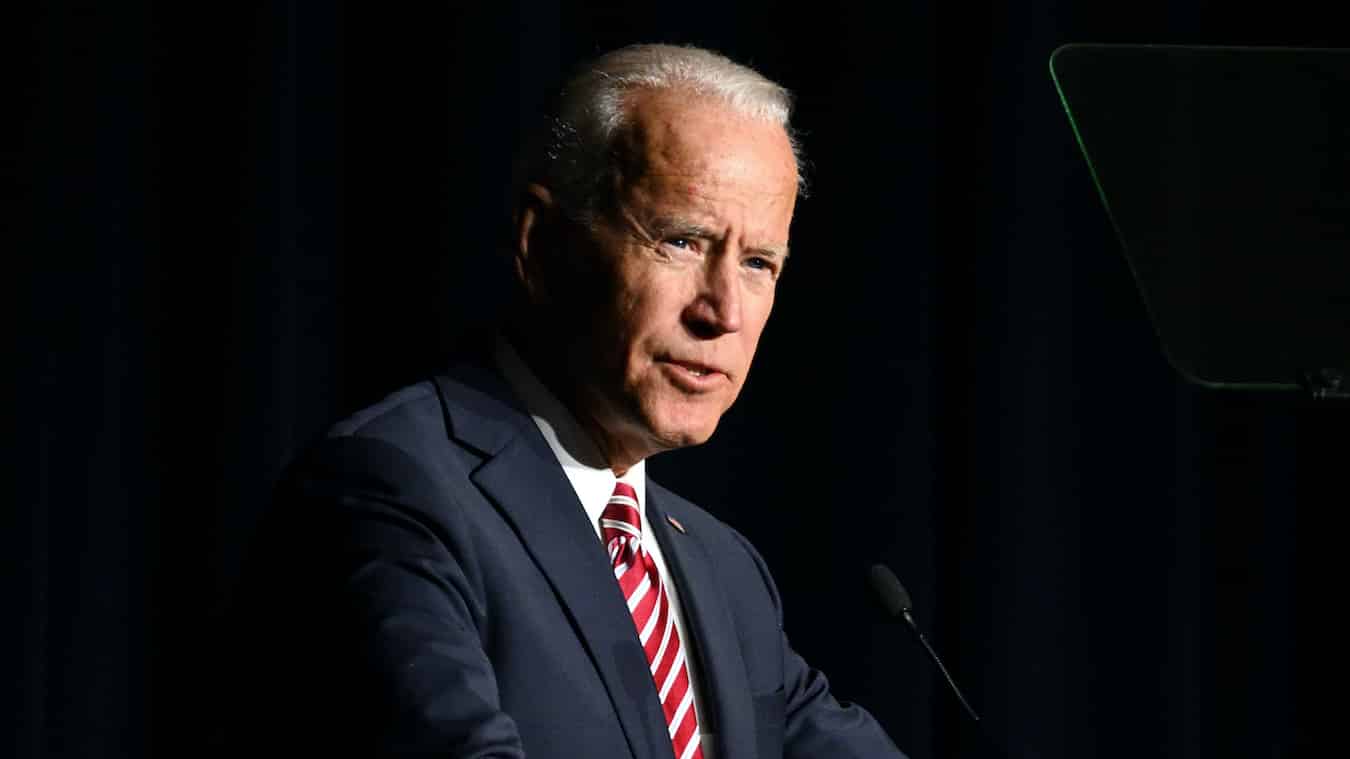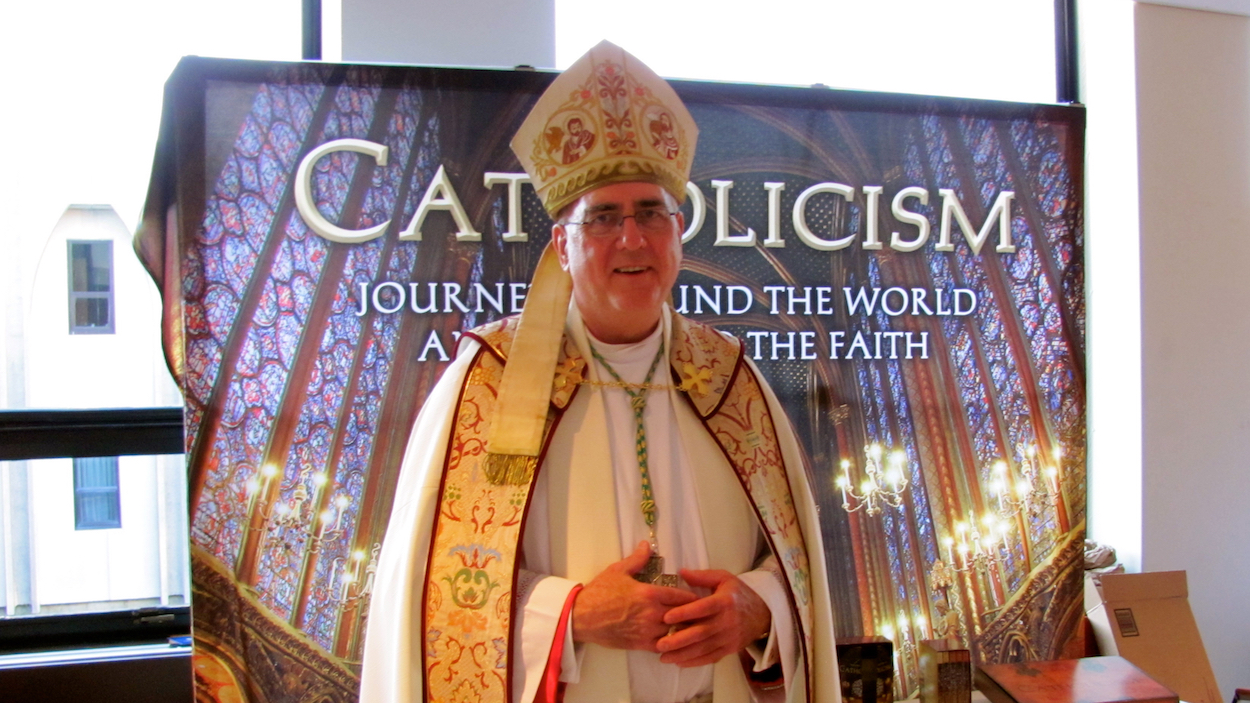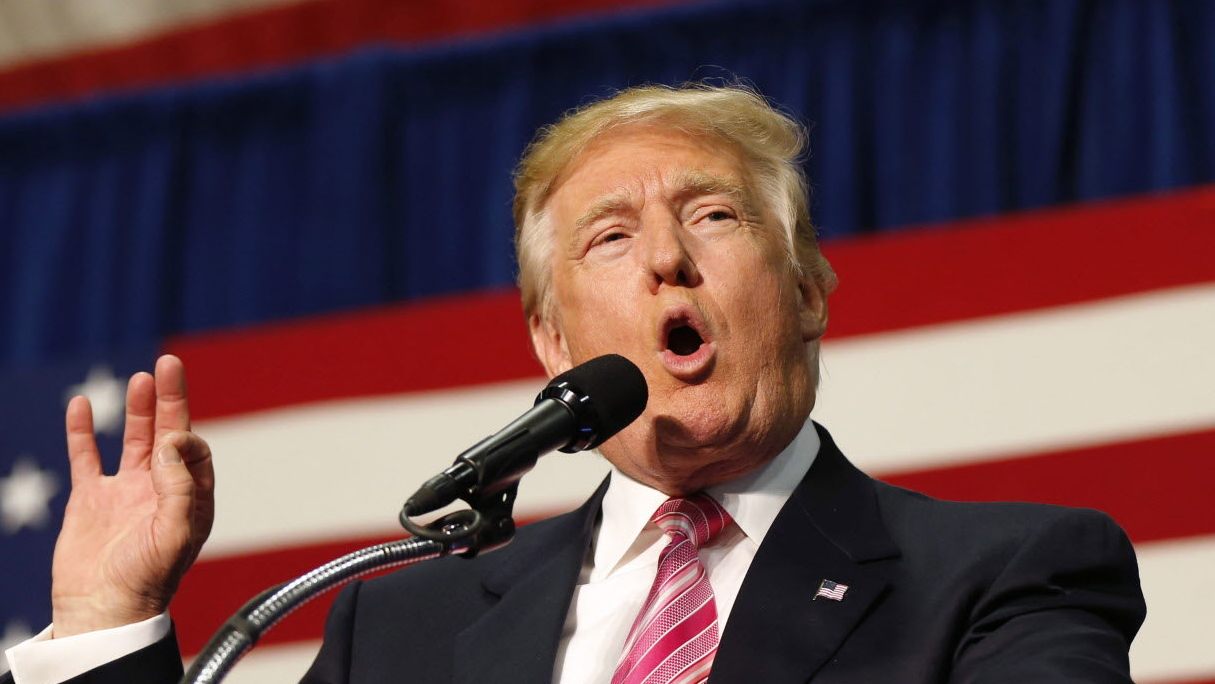It is no exaggeration to say that the 2016 election will be one of the most important in many decades. The issues are numerous, ranging from budget deficits and the record national debt to jobs and taxation, immigration policy, military preparedness, the health care system, the threat of Islamic terrorism, and the state of the judiciary. The future of the country will depend on the choice we make at the polls.
The problem is how do voters choose when both the Republican and Democratic candidates have provided understandable reasons NOT to vote for them.
Donald Trump has set what could well be a record for offensive talk, engaging in name-calling and personal insults of a kind and to an extent that make even his supporters wonder whether he is sexist and racist.
Moreover, throughout most of his campaign he has flouted the fundamentals of logic by overgeneralizing and oversimplifying and the rules of rhetoric by speaking in a disorganized, often incoherent way and repeating himself endlessly using a vocabulary that can be most charitably termed impoverished.
In contrast to Trump, who seems never to miss an opportunity for an interview or public statement, Hillary Clinton has avoided the press for much of the last year. She has therefore said few offensive things about people. Yet a number of things she has done over the years have demonstrated disrespect of people as well as of the rules governing elected officials.
One notable deed was maligning the women her husband had sexual liaisons with, even though she must have known that he sought the liaisons and allegedly forced his attentions on some of the women. Another is knowingly violating the regulation forbidding the use of private servers for government communication, thereby risking the compromise of confidential information, including the names of American agents. (She is currently under FBI investigation about this matter.)
A third is failing to protect Ambassador Christopher Stevens and three others in Benghazi and then deliberately deceiving the men’s families about the nature of the attack.
Equally egregious is Mrs. Clinton’s reported use of her office, first as Senator and then as Secretary of State, to enrich herself and her husband.
In sum, both Trump and Clinton have been offensive. But their offenses have not been comparable. Actions not only speak louder than words—they have more serious consequences. Trump’s words have insulted many people and hurt their feelings and the public’s sensibilities. Clinton’s actions have injured the entire nation by putting our safety and security at risk.
Voters would therefore do well to put aside the question of which candidate is more rude or self-absorbed or less likeable and focus instead on which is more likely to solve the country’s problems. More specifically:
Who is more likely to achieve a balanced budget and reduce the national debt? The one who while in the Senate did nothing to address these matters and still favors increased government spending, or the one who ran multiple businesses efficiently and profitably?
Who is more likely to reform the tax code and bring corporations back to the U.S. to stimulate the economy and create jobs? The one who advocates increasing taxes on corporations and the wealthy, or the one who favors reducing the taxes and regulations that caused businesses to flee the country?
Who is more likely to enforce existing immigration laws and stem the tide of illegal immigration that is a burden on our economy and a threat to national security? The one who supports unregulated immigration, or the one who would place a moratorium on immigration until existing laws are enforced and sensible reforms are established?
Who is more likely to restore the size, functionality, and preparedness of the military? The one who has supported President Obama’s program of military cutbacks, or the on who believes that program has been, at the very least, ill conceived and dangerous?
Who is more likely to correct the problems of Obamacare? The one who not only supported that system but proposed a similar one a couple of decades ago, or the one who regards the program as a disaster and pledges to replace it?
Who is more likely to respond decisively and effectively to the threat of international terrorism? The one who, following President Obama, has refused to name the enemy, called terrorist attacks “workplace violence,” and falsely blamed the Benghazi affair on a video rather than Jihadists; or the one who spurns political correctness, calls our enemies by their proper name, and proposes to defeat them?
Who is more likely to nominate to the Supreme Court individuals who will follow our Constitution rather than change it? The one who favors modifying the Constitution to make it more “progressive,” or the one who defers to the wisdom of the Founders?
The answers to these questions should be obvious. The one who is likely to change what needs changing and leave alone what does not (i.e., the Constitution) is Donald Trump. Wise voters will support him, even if they have to hold their noses to do so.
Copyright © 2016 by Vincent Ryan Ruggiero. All rights reserved








